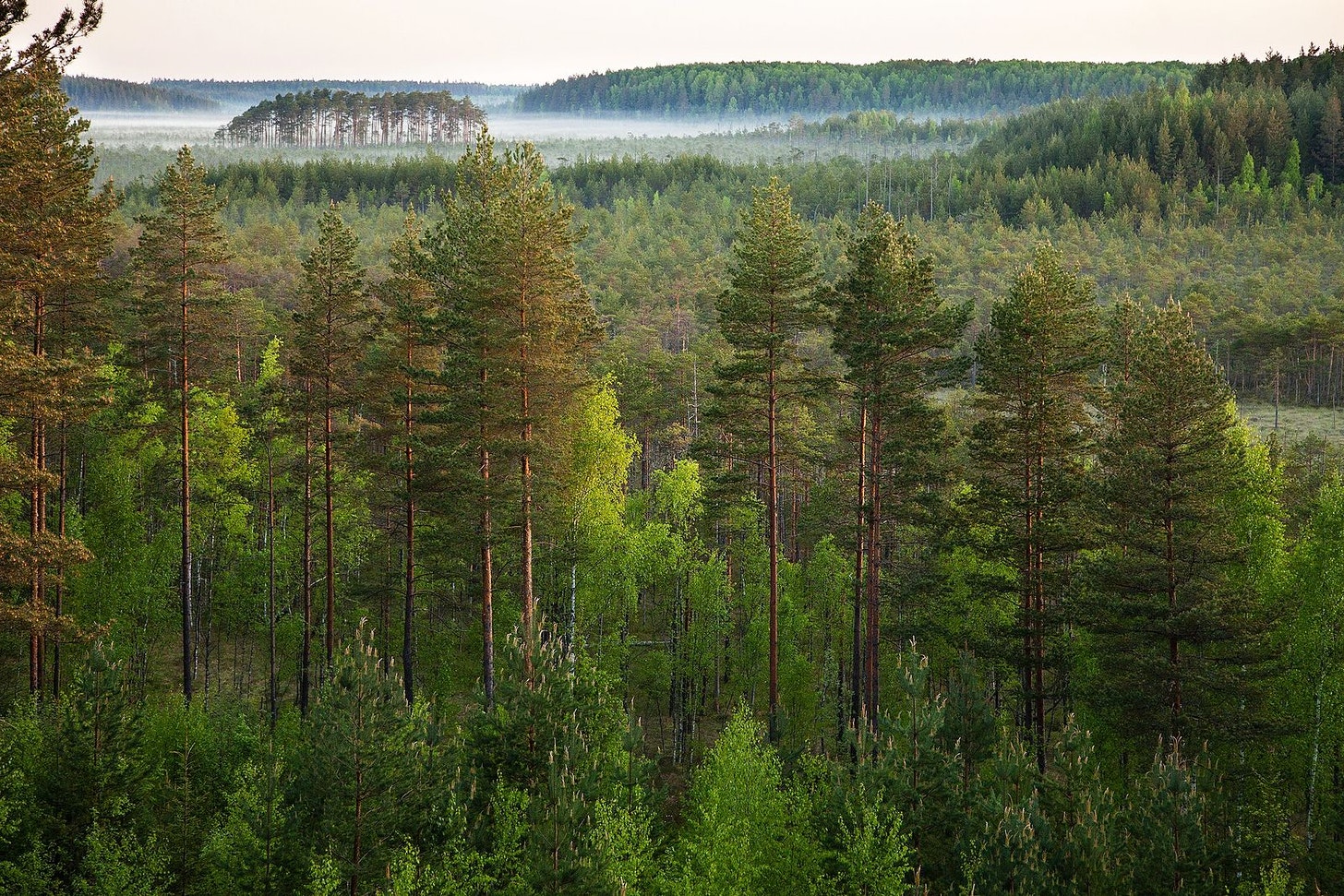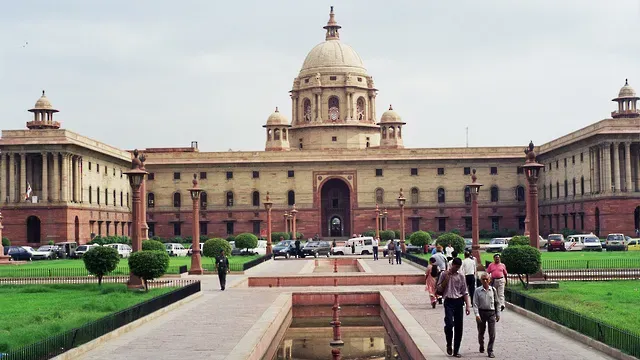Interview: How to avoid an unjust energy transition
Plus and update from the editor

Happy Monday and welcome to this special edition of Lights On, a newsletter that brings you the key stories and exclusive intel on energy and climate change in South Asia.
An update from my side - I am going to take a short break as I migrate this newsletter to a new platform, Letterdrop, which I believe provides better user experience and more innovative newsletter management opportunities. I really hope you will enjoy it.
If you are a subscriber, paying or free, nothing will change for you as your email address will be safely transferred to the new platform. The payment service remains the same, Stripe, so your data won’t change hands at all.
Publication will resume next week with the Monday news briefing. And in the meantime, I will be tweeting some of my best stories from the archive.

The global energy transition is not a uniform process. Countries at different stages of development will struggle more, or less, to wean their economies off fossil fuels - but solutions to get there can sometimes overlook these differences. I spoke with Charmi Mehta, a consultant with the think tank Finance Research Group, about one of the most debated tools to advance decarbonisation in the West - the carbon border adjustment mechanism.
Lights On: Why is carbon trading seen as a useful tool for countries to reduce their emissions?
Charmi Mehta: Carbon trading started to gain popularity as a way to measure the actions taken by industries to cut their carbon emissions. It's an important instrument for internalising the external costs of pollution.
If a certain sector in a country is highly polluting, its businesses will have to adopt a cleaner mechanism of energy production to align with the larger goals that their countries committed to at the international stage. So a way to do this was seen in carbon trading, and various nations have been exploring it.
The carbon border adjustment is another instrument that puts a price on carbon, tabled by the European Union to help meet its climate goals. What’s innovative about it?
Carbon trading schemes are generally used by individual countries to nudge their own domestic producers and industries. But when you talk about something like a carbon border adjustment, that can be applied transnationally. We all know that the EU has been one of the most progressive actors when it comes to its climate targets. But that alone is not enough to be able to understand the future cost that [meeting] climate targets might involve. Various countries in the EU have already peaked on their emissions, which is why the only decision they have to take now is how to go from peaking on carbon emissions to going to carbon neutrality.
And this is not the case for many developing nations...
Countries like India cannot even determine their peaking year yet. That is the dichotomy of the situation, that there are more than two types of countries in the world and to impose something like a carbon border adjustment is extremely unfair. And the way they decided to do this is, in my opinion, quite unfair too. Under its commitments to the Paris Agreement, the EU released its European Green Deal in December 2020. And the document clearly mentions that they plan to put in place a carbon border adjustment. Now the reason for this is that they do not expect all countries trading with the EU to have its same level of commitment to carbon reduction. And that would frustrate the EU's efforts to meet their own targets. While this may seem fair, when you look at the situation unilaterally for the EU, it is extremely unfair if you look at it through a bilateral or multilateral lens.
For those who are not familiar with the mechanism, can you give me one example of how a carbon border tax would work in practice, and how it would damage developing nations that are still reliant on fossil fuels?
For example, industries like iron and steel are extremely energy intensive. And the whole mining process [associated with them] is also very energy intensive. In most developing countries, these sectors are fueled by fossil based energy sources. So, for example, exports from India to the EU would face higher excise duty by the EU government as compared to an exported steel from Australia. So this does create artificial barriers over and above the existing ones and would not just make it tougher for India to export products into the EU, it would also harm our overall economy, which is what would enable us to even make the transition away from coal.
It’s true that the economy has to do well for a country to embark on a meaningful energy transition, but why would the idea of a carbon border adjustment be inherently unfair?
The EU has multiple trading partners at various stages of their development path. As I previously said, countries like India are still to peak when it comes to the carbon emissions, and we are finding it very difficult to even determine a peak year. So China, for example, has just last year announced that they expect to be carbon neutral, or reach their net zero target, by 2060. And they're hoping their CO2 emissions will peak in 2030.
So if China has set a 2030 cut off date, I doubt India will be able to set any deadline before 2040 or 2042.
And there are a lot of other countries like India, such as South Africa, Mexico or Brazil, with similar problems. They have extensive economic activities which lead them to trade with all kinds of countries in the world. But they've all started their development path later, and have large populations, which makes it much tougher for them to transition away from coal, compared to the European countries. So I feel that the main problem here is that the carbon adjustment mechanism does not take into account the problems that these countries would face [as they lose trade opportunities].
Many would say that financial pressure would balance the cost of cleaner technologies and ultimately motivate countries to transition faster.
I would say, who is the EU to hold countries like India up to their word? The Paris Agreement itself is one of the first agreements to be built on consensus and it acknowledges the West’s historical responsibility in climate change. Somebody who has been at the forefront of what caused climate change is not exactly the legitimate authority to hold others accountable today.
India and other countries did submit their pledges under the UN, because they themselves take climate change seriously. But every country comes from a different place, we have our own hindrances and by saying that you are going to be inconsiderate of our problems, you are not helping other countries make a change, you are just further isolating them into believing that this is a them versus you contest.
If carbon adjustment is the wrong answer, is there a better way of reducing the carbon emissions embedded in international trade flows?
Currently, the carbon border adjustment is proposed in a very simplistic manner; there is not much clarity on how it is expected to play out. Until the EU puts out a detailed policy statement on this, it could classify countries into brackets as per their economy and income, the same way the Paris Agreement does. This would be helpful to minimize the [negative] effects of the measure and avoid disproportionate damage.
Further, the EU could adopt this in phases, wherein certain brackets are given an exemption for 10 years, until they begin to fall under the purview of this policy. This would give them time to catch up and align their targets should they wish to continue trading with the EU.
That’s all for today! If you like what you read, please consider signing up for free or as a member:



